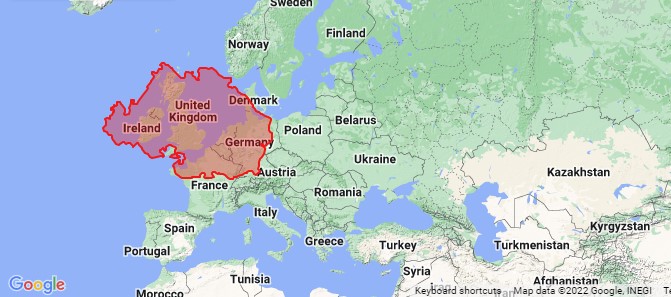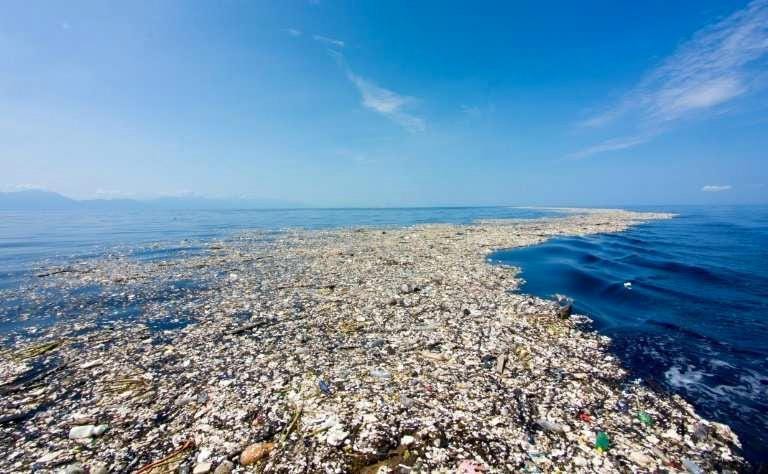
World Refill Day aims to spark a wave of change encouraging the wider public to embrace reuse and ditch the single use plastics. With more than 300 million tonnes of plastic produced every year, and with half of this being single, use it's vital that we each take the initiative to switch to more sustainable solutions where we can. Although consumer responsibility for the climate crisis is a misleading narrative pushed by big corporations and fossil fuel companies, the rate at which we each consume the world's resources is undeniably unsustainable. It's not about being absolutely perfect but if every person made even the slightest change for the better we could see a world of difference, and that is what world refill day is about.
Less than 2% of packaging is currently reusable with half of all plastic being produced designed for single-use purposes. Given that we have only managed to recycle less than 10% of the plastic waste we have created, more readily available and affordable refill options seems to be the natural way to go to curb these statistics. If those figures didn't turn you off plastic bags and bottles maybe the estimated 75 to 199 million tonnes of plastic that is currently found in our oceans creating masses that cover 40% of our ocean surfaces will. As it stands it's estimated the amount of plastic waste entering our waterways and oceans could almost triple from the 9-14 million tonnes in 2016 to between 23 - 37 million tonnes a year by 2040. Plastics are durable, which is why we use so much of them, but it does mean they're nearly impossible for nature to completely break down with an EPA report stating "every bit of plastic ever made still exists." Their break down doesn't mean they disappear either, it just results in them becoming microplastics. These microplastics are being ingested and inhaled by humans and animals alike with untold effects on our long term health.
Image 1: Source, Centre of Biological Diversity
Image 2: Source, The Ocean Cleanup
You can use this tool to see how the scale of the Great Pacific Garbage Patch relates to countries across the world.
So, you might be wondering what you can do and as luck would have it there are some easy ways to get started. Swapping plastic bottles for a reusable one will not only help save the environment but also your hard earned cash as tap water is always free, the same goes for reusable coffee cups as some places even offer you money off your drink. A few coffee shops, like Monmouth coffee, have ditched the single use cups altogether and instead you can bring your own or they take a deposit on a reusable vessel that you can then redeem when it's returned. Other things you could try include shopping from refill shops or sticking to the loose fruits and veg in your usual supermarket, remembering to take your reusable bag with you, or even taking part in local river or beach cleans. It all helps to turn the tide on unnecessary plastic consumption.
Here at WR-AP we try to make an effort to ensure we are making more conscious decisions within the practice. For example, one million plastic bottles are purchased every minute around the world so, although there's only seven of us in the office, we think that it's important to eliminate our need to buy them. To do this we invested in our own branded WR-AP insulated bottles that we use both in the office and out on our travels. More recently we made the decision to phase out single use coffee pods and have replaced them with refillable stainless steel capsules as well as buying our coffee from our local refill shop. Not only do we get our coffee here, but we also made the move to glass hand soap pumps which we also fill up at the Refill Larder as well.

You can download their free refill app here to help you on your journey to reduce your reliance on single use plastics.


This blog has been written by Amber, our design and communications lead. Amber is a 2020 Communication Design graduate from the Glasgow School of Art and founder of Bloom & Body, a small ceramics business focusing on the human form. You can read more about her here.




Kommentare